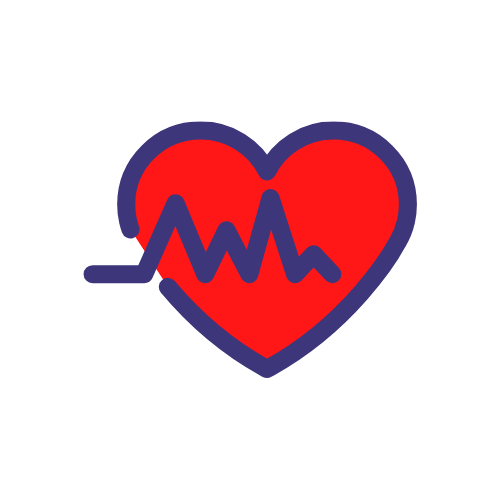Cholesterol is a waxy, fat-like substance that’s found in all cells in your body. Your body desires some cholesterol to make hormones, vitamin D, and substances that assist you digest foods. Your body makes all the cholesterol it needs. Cholesterol is additionally found in foods from animal sources like egg yolks, meat, and cheese.
There are main two types of cholesterol: HDL (High Density Lipoprotein) and LDL (Low Density Lipoprotein).
What does HDL cholesterol do?
HDL clears from the body via the liver. HDL might therefore prevent the build-up of plaque, protect your arteries, and protect you from atherosclerotic cardiovascular disease. It is thought of the “good” cholesterol, and higher levels are better. A good goal aim for is higher than 55 mg/dL for women and 45 mg/dL for men. The higher your HDL cholesterol numbers, the lower your risk is for disorder, cardiovascular disease, vascular disease, and stroke.
How to increase HDL cholesterol:-
• If you are a smoker, quitting smoking can increase HDL.
• Adopting a heart-healthy diet low in fat and high in fiber also can modestly raise your HDL.
• Aerobics also can have positive effects on HDL.
What does LDL cholesterol do?
LDL is considered as “bad” cholesterol. It carries cholesterol to your arteries, where it’s going to collect within the vessel walls and contribute to plaque formation called atherosclerosis. This can lead to decreased blood flow to the heart muscle (coronary artery disease), leg muscle (peripheral artery disease), or abrupt closure of an artery in the heart or brain, leading to a heart attack or stroke. A good goal to stay in mind is a smaller amount than one hundred thirty mg/dL if you don’t have atherosclerotic} disease or diabetes. It should be not more than 100 mg/dL, or even 70 mg/dL, if you have any of those conditions or high total cholesterol. Obesity, an outsized waist circumference, a sedentary lifestyle, or a diet rich in meat, full-fat dairy, saturated fat, Trans fat, and processed foods are often cause high LDL cholesterol.
How to lower LDL cholesterol:-
Lifestyle and diet changes are the most ways in which to prevent or lower high lipoprotein. A trial of eating a low fat diet, regular aerobic activity, maintaining a healthy weigh, and smaller waist circumference is an appropriate initiative. In some cases, if those lifestyle changes are not enough, your physician may suggest cholesterol lowering medication, such as a strain.
Rarely, terribly high lipoprotein is genetic and passed down in families. This is called hypercholesterolemia and is caused by a mutation that decreases the liver’s ability to clear excess cholesterol. This condition will cause terribly high lipoprotein levels and heart failure or stroke at a young age in multiple generations.


Knowledge is first step. If you don’t know your cholesterol level, get tested…
